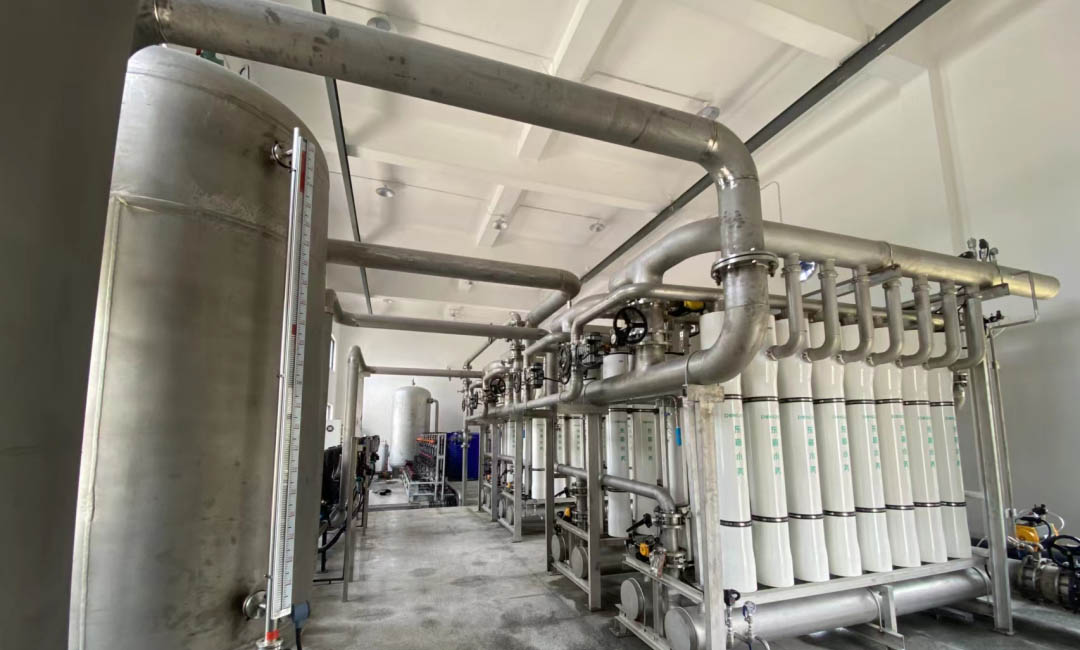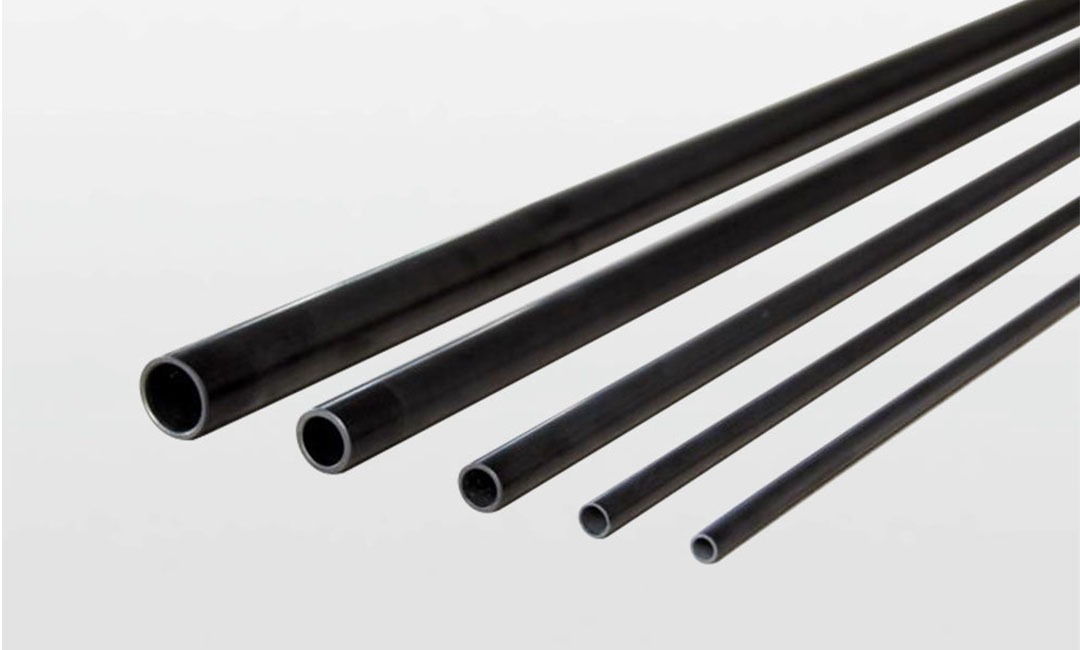Sustainability in Manufacturing: How SiC Membranes are Revolutionizing Energy Efficiency
Silicon carbide (SiC) membranes have been gaining popularity across various industries due to their energy-efficient properties. These membranes are revolutionizing energy efficiency in manufacturing processes, making them more sustainable and cost-effective. In this article, we will explore the benefits of using SiC membranes in different industries and how they are helping to reduce energy consumption and environmental impact.
One of the key benefits of SiC membranes is their high thermal conductivity, which allows for efficient heat transfer during manufacturing processes. This property helps to reduce energy consumption by minimizing the amount of heat needed to achieve desired results. By using SiC membranes, industries can lower their energy costs and decrease their carbon footprint, making their operations more sustainable in the long run.
Additionally, SiC membranes have excellent chemical resistance, making them ideal for use in harsh industrial environments. This resistance allows for the membranes to be used in a wide range of applications without deteriorating over time. As a result, industries can rely on SiC membranes to provide consistent performance and durability, leading to increased efficiency and reduced maintenance costs.
Another advantage of SiC membranes is their high mechanical strength, which enables them to withstand high pressures and temperatures. This strength makes them suitable for use in demanding manufacturing processes where other materials may fail. By using SiC membranes, industries can improve the reliability of their operations and reduce the risk of downtime due to equipment failure.
Furthermore, SiC membranes have a long lifespan, which contributes to their overall sustainability. Industries can rely on these membranes to provide consistent performance for extended periods, reducing the need for frequent replacements and minimizing waste. This longevity helps to lower maintenance costs and improve operational efficiency, making SiC membranes a cost-effective solution for sustainable manufacturing practices.
In addition to their energy-efficient properties, SiC membranes also offer superior filtration capabilities. These membranes can effectively remove contaminants and impurities from liquids and gases, ensuring that final products meet quality standards. By using SiC membranes for filtration purposes, industries can improve the purity of their products and reduce the risk of contamination, leading to higher customer satisfaction and increased competitiveness in the market.
Overall, SiC membranes are revolutionizing energy efficiency in manufacturing processes by providing a sustainable and cost-effective solution for industries. Their high thermal conductivity, chemical resistance, mechanical strength, and filtration capabilities make them an ideal choice for a wide range of applications. By incorporating SiC membranes into their operations, industries can reduce energy consumption, lower maintenance costs, and improve product quality, ultimately leading to a more sustainable and environmentally friendly manufacturing process.
In conclusion, SiC membranes are a valuable asset for industries looking to enhance their energy efficiency and sustainability. By leveraging the benefits of these membranes, industries can achieve significant cost savings, reduce their environmental impact, and improve the overall efficiency of their operations. As the demand for sustainable manufacturing practices continues to grow, SiC membranes are poised to play a crucial role in helping industries meet their sustainability goals and stay competitive in the market.
Enhancing Water Treatment Processes with Energy-Efficient SiC Membranes
In recent years, there has been a growing emphasis on the importance of energy efficiency in various industries. One area where energy-efficient technologies are making a significant impact is in water treatment processes. With the increasing demand for clean water and the need to reduce energy consumption, the development of energy-efficient membranes has become a key focus for researchers and engineers.
One such technology that is gaining traction in the water treatment industry is Silicon Carbide (SiC) membranes. SiC membranes offer several advantages over traditional membrane materials, including higher durability, improved chemical resistance, and enhanced filtration performance. These benefits make SiC membranes an attractive option for a wide range of water treatment applications, from desalination and wastewater treatment to industrial process water purification.
One of the key benefits of using SiC membranes in water treatment processes is their energy efficiency. SiC membranes have a lower energy requirement compared to other membrane materials, such as polymeric membranes. This is due to the unique properties of SiC, which allow for higher flux rates and lower fouling tendencies. As a result, SiC membranes can help reduce energy consumption and operating costs in water treatment plants, making them a cost-effective solution for water treatment facilities.
Another advantage of SiC membranes is their long lifespan and durability. SiC is a highly robust material that can withstand harsh operating conditions, such as high temperatures, corrosive chemicals, and abrasive particles. This durability translates to longer membrane life and reduced maintenance requirements, leading to lower overall operating costs for water treatment plants. Additionally, the high chemical resistance of SiC membranes makes them suitable for a wide range of water treatment applications, including those involving aggressive chemicals or high salinity levels.
In addition to their energy efficiency and durability, SiC membranes also offer superior filtration performance. SiC membranes have a high porosity and pore size distribution, which allows for efficient removal of contaminants from water streams. This results in higher water quality and purity, making SiC membranes ideal for applications where stringent water quality standards must be met. Furthermore, the high flux rates of SiC membranes enable faster filtration processes, leading to increased productivity and throughput in water treatment plants.

Overall, the benefits of using energy-efficient SiC membranes in water treatment processes are clear. From lower energy consumption and operating costs to improved filtration performance and durability, SiC membranes offer a cost-effective and sustainable solution for water treatment facilities. As the demand for clean water continues to rise, the adoption of energy-efficient technologies like SiC membranes will play a crucial role in ensuring the efficient and sustainable treatment of water resources.
In conclusion, the use of energy-efficient SiC membranes in water treatment processes is a promising development that offers numerous benefits for industries across the board. With their energy efficiency, durability, and superior filtration performance, SiC membranes are poised to revolutionize the way water is treated and purified. As the technology continues to advance, we can expect to see even greater improvements in water treatment efficiency and sustainability, making SiC membranes a key player in the quest for clean and safe water resources.
The Economic Impact of Implementing SiC Membranes in Various Industries
Silicon carbide (SiC) membranes have been gaining popularity in various industries due to their energy-efficient properties. These membranes offer numerous benefits that can have a significant economic impact on businesses across different sectors. In this article, we will explore the economic advantages of implementing SiC membranes in various industries.
One of the key benefits of SiC membranes is their high energy efficiency. These membranes have a high permeability and selectivity, allowing for the efficient separation of molecules and particles. This results in lower energy consumption compared to traditional filtration methods. By reducing energy usage, businesses can save on operational costs and improve their bottom line.

Additionally, SiC membranes have a longer lifespan compared to other membrane materials. This durability translates to lower maintenance and replacement costs for businesses. With less frequent replacements, companies can reduce downtime and increase productivity, leading to higher profits.
The use of SiC membranes also contributes to environmental sustainability. These membranes require less energy to operate, resulting in lower carbon emissions. By reducing their carbon footprint, businesses can enhance their corporate social responsibility efforts and appeal to environmentally conscious consumers. This can lead to increased brand loyalty and a positive reputation in the market.
In the water treatment industry, SiC membranes offer significant economic benefits. These membranes are highly resistant to fouling and corrosion, resulting in longer operational lifespans. This reduces the need for frequent membrane replacements and maintenance, saving businesses time and money. Additionally, the high permeability of SiC membranes allows for efficient water treatment processes, leading to cost savings in water purification.
In the pharmaceutical industry, SiC membranes play a crucial role in the separation and purification of pharmaceutical products. The high selectivity of these membranes ensures the purity of the final product, reducing the risk of contamination and product loss. This results in higher product yields and lower production costs for pharmaceutical companies.
In the food and beverage industry, SiC membranes are used for the filtration and separation of liquids and solids. These membranes offer superior performance in terms of particle retention and flux rates, leading to higher product quality and efficiency. By implementing SiC membranes, food and beverage companies can improve their production processes and reduce waste, ultimately increasing their profitability.
Overall, the economic impact of implementing SiC membranes in various industries is significant. From reducing energy consumption and operational costs to improving product quality and sustainability, SiC membranes offer a wide range of benefits that can positively impact businesses’ bottom line. As industries continue to prioritize efficiency and sustainability, the demand for SiC membranes is expected to grow, further driving economic growth and innovation across sectors.

